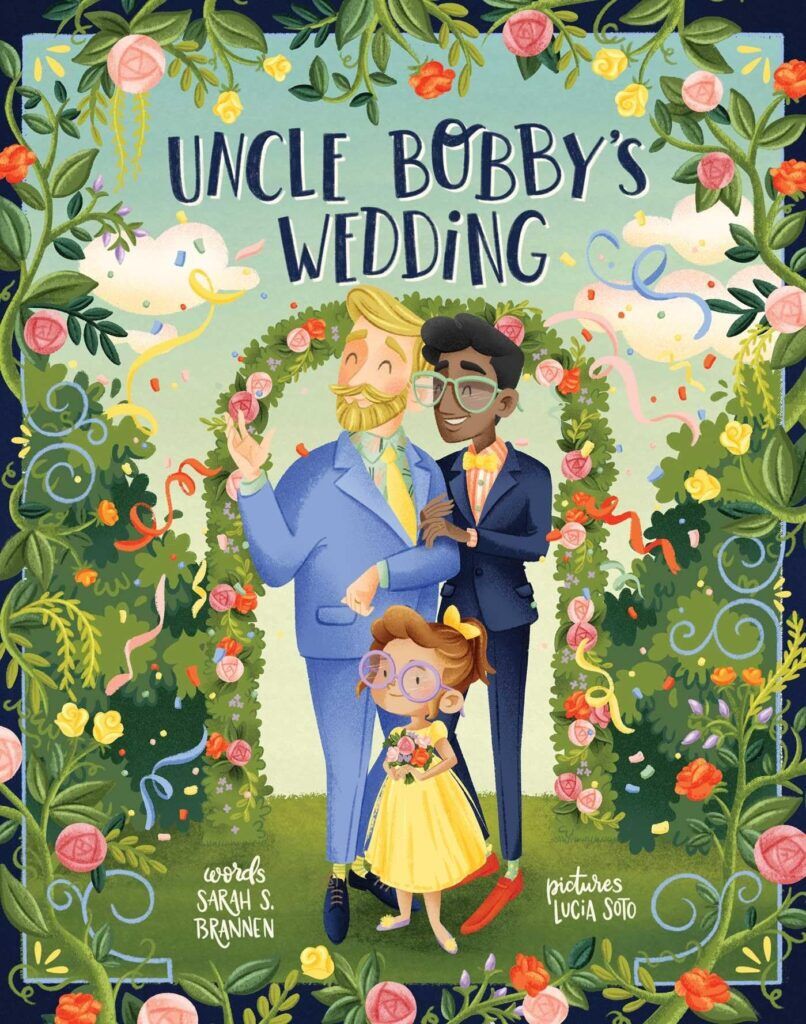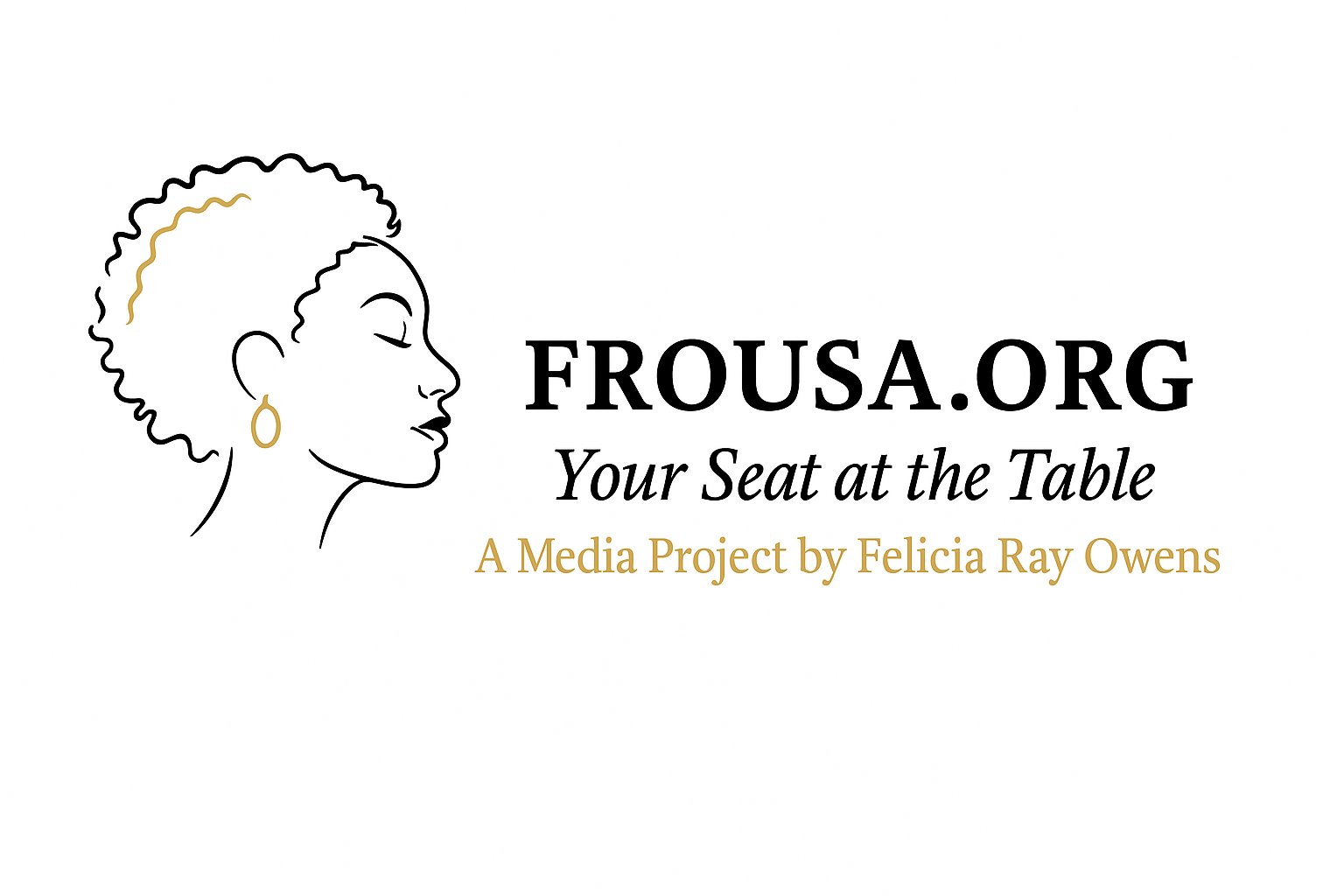
Embark on a ‘Dora the Explorer’ treasure hunt at the San Antonio Zoo
June 27, 2025In a 6-3 ruling, the Court ruled parents could opt their children out of reading story books with LGBTQ+ themes.
This article was originally published by The Hechinger Report, a nonprofit, nonpartisan news outlet focused on education.
In a decision that could have widespread implications for everyday lessons and activities in public schools, the Supreme Court on Friday sided with a group of Maryland parents who said they wanted to be able to opt their children out of reading storybooks featuring LGBTQ+ themes and characters.
Justice Samuel A. Alito Jr., who wrote the 6-3 decision, wrote that “a government burdens the religious exercise of parents when it requires them to submit their children to instruction that poses ‘a very real threat of undermining’ the religious beliefs and practices that the parents wish to instill.”
The storybooks at the center of the case, Alito wrote, “are clearly designed to present certain values and beliefs as things to be celebrated and certain contrary values and beliefs as things to be rejected.”
The Court’s three liberal members dissented.
School leaders said the ruling could make all kinds of school activities and instructions subject to parents opting out because of religious concerns. That view was amplified by Justice Sonia Sotomayor’s dissent, which she read from the bench.
“Many school districts, and particularly the most resource strapped, cannot afford to engage in costly litigation over opt-out rights or to divert resources to tracking and managing student absences,” Sotomayor wrote. “Schools may instead censor their curricula, stripping material that risks generating religious objections.”
At issue in the case were several elementary school books introduced in October 2022 in the 160,000-student Montgomery County district, the largest in Maryland.
Teachers were told to use the books as any others in their classrooms: while teaching the whole class or in small groups; sharing them with individual students who might enjoy them, or having them on shelves for students to discover on their own.
But the rollout was contentious in the county, according to court records. Both parents and educators had secular and religious objections to the books, and that first year, parents were given the chance to opt out of lessons with the books.
In March 2023, Montgomery County reversed that policy, saying too many students were absent when the books were being used and keeping track of opt-outs was too cumbersome. No opt-outs were allowed during the 2023-24 school year.
Three families sued, asking for an injunction to restore the opt-out policy while the case continued in court. Both the trial judge and the Fourth Circuit Court of Appeals denied the parents’ request for the opt-out policy to be restored, saying the parents were not likely to be able to show that simply having their children exposed to the material was infringing on their constitutional rights.
The Supreme Court disagreed, saying the parents could opt their children out of the lessons because they were likely to be successful in proving that instruction in the books violates their religious beliefs. Alito wrote that the books are clearly showing same-sex marriage, gender transition and similar themes, as events to accept and celebrate.
For example, the book Uncle Bobby’s Wedding, one of those Montgomery County schools introduced, culminates in a joyous celebration of the young protagonist’s uncle’s marriage to his boyfriend, Jamie.

“There are many Americans who would view the event that way, and it goes without saying that they have every right to do so,” Alito wrote. “But other Americans wish to present a different moral message to their children. And their ability to present that message is undermined when the exact opposite message is positively reinforced in the public school classroom at a very young age.”
In making the decision, the Court expanded on an earlier religious liberty case, Wisconsin v. Yoder. In that 1972 decision, the court held that Amish families could take their children out of compulsory education past eighth grade because continuing in school longer would be a violation of their religious beliefs.
The ruling, predicted several school associations that had hoped for a different decision, could have a major influence on schools across the country in “a wide variety of circumstances” that cannot be foreseen..
“In other words,” the groups said in their brief, “the principles that apply to kindergarten parents seeking to prevent their child from being exposed to Pride Puppy will also apply to the parents of a high-school or middle-school student who wish to prevent their ninth grader from being exposed to evolution, or their sixth grader being exposed to any pictures of girls who are not wearing a hijab.”
Contact staff writer Christina Samuels at 212-678-3635, by Signal at cas.37 or samuels@hechingerreport.org
This story about Mahmoud v. Taylor was produced by The Hechinger Report, a nonprofit, independent news organization focused on inequality and innovation in education.
!function(f,b,e,v,n,t,s)
{if(f.fbq)return;n=f.fbq=function(){n.callMethod?
n.callMethod.apply(n,arguments):n.queue.push(arguments)};
if(!f._fbq)f._fbq=n;n.push=n;n.loaded=!0;n.version=’2.0′;
n.queue=[];t=b.createElement(e);t.async=!0;
t.src=v;s=b.getElementsByTagName(e)[0];
s.parentNode.insertBefore(t,s)}(window,document,’script’,
‘https://connect.facebook.net/en_US/fbevents.js’);
fbq(‘init’, ‘200522034604820’);
fbq(‘track’, ‘PageView’);
Great Job Christina A. Samuels & the Team @ Ms. Magazine Source link for sharing this story.







